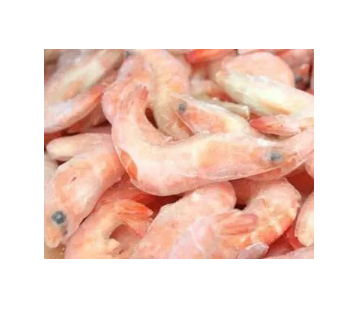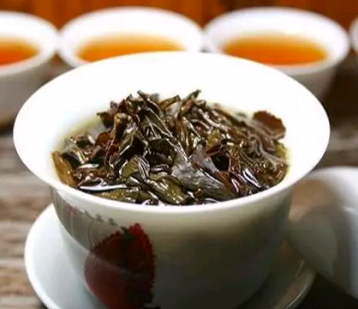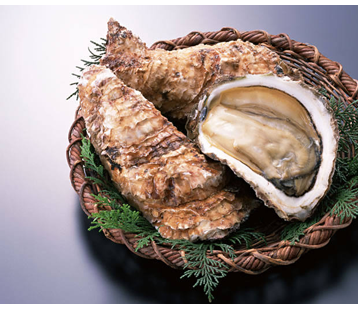已经有研究发现T. dioica 具有抗高血糖、抗高脂血症、抗肿瘤、细胞毒性、砷中毒改善、抗炎、止泻等各种药理学活性。并已经从T. dioica中鉴定和分离出了不同类型的生物活性化合物,包括肽,即天花粉蛋白和凝集素,及许多三萜类如葫芦素B、大戟醇、α-香树脂、β-香树素、羽扇豆醇、蒲公英赛醇、白桦脂醇和栝楼萜二醇;固醇、甾体皂苷、丹宁酸、黄酮类等。T. dioica含有一些众所周知的植物生物活性化学物质,并在体内显示出一系列药理活性。
这次综述将扩大我们对T. dioica的活性作用及其植物化学基础的了解,这可能有助于对该物种的进一步研究。
文章摘要
ABSTRACT
Trichosanthesdioica Roxb.: A vegetable with diverse pharmacological properties
Mahia Khandaker a, Saleha Akter b, Mohammad Zafar Imamc,?
aDepartment of Biotechnology, BangabandhuSheikh Mujibur Rahman Agricultural University, Salna, Gazipur 1706, Bangladesh
bDepartment of Pharmacy, Primeasia University, HBR Tower,9 Banani, Dhaka 1213, Bangladesh
cDepartment of Pharmacy, Stamford UniversityBangladesh, 51 Siddeswari Road, Dhaka 1217, Bangladesh
Received 15 August 2017; received in revised form29 September 2017; accepted 27 December 2017
Available online 4 January 2018
Trichosanthes dioica Roxb.is a climber of the Cucurbitaceae family mainly found in tropical Asia. Thefruit is widely consumed as a vegetable and different parts of this plant areused in the traditional medicine to treat various types of human ailments. Inthis review, we critically analyzed and presented the scientific studies on T. dioica availablein three electronic databases viz. PubMed, Web of Science and Google Scholar.Our aim was to find the scientific basis of the traditional use to understandthe plant’s potential in therapy. Studies have found promisingantihyperglycemic, antihyperlipidemic, antitumor, cytotoxic, arsenic poisoningameliorative, anti-inflammatory, antidiarrheal, and varieties ofpharmacological activities of T. dioica.Different types of bioactive compounds have been identified and isolated from T. dioica includingpeptides namely trichosanthin and lectin; a number of triterpenes like cucurbitacinB, euphol, α-amyrin,β-amyrin, lupeol,taraxerol, betulin, and karounidiol; sterols, steroidal saponin, tannin,flavonoids etc. T. dioica containsa number of well-known bioactive phytochemicals and the plant has shown anarray of pharmacological activities in vivo. This review willexpand our understanding of the therapeutic potential of T. dioica andtheir phytochemical basis which may help in further research on this species.





